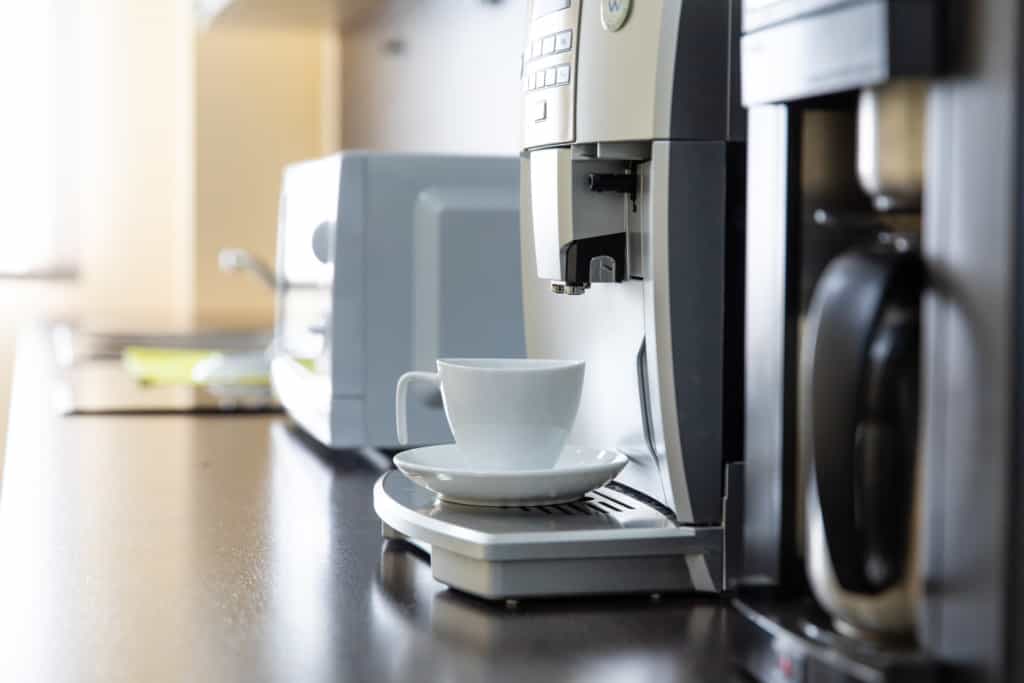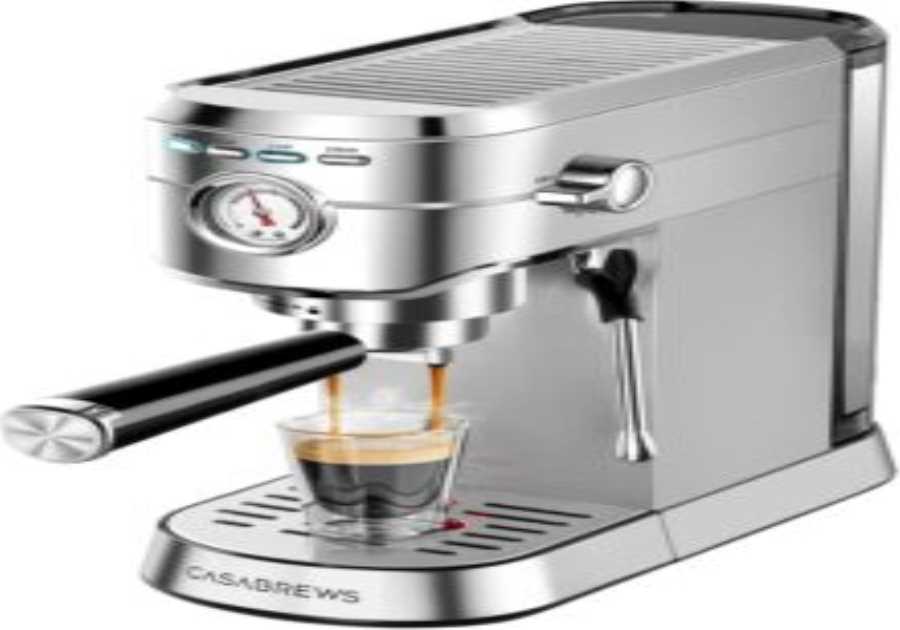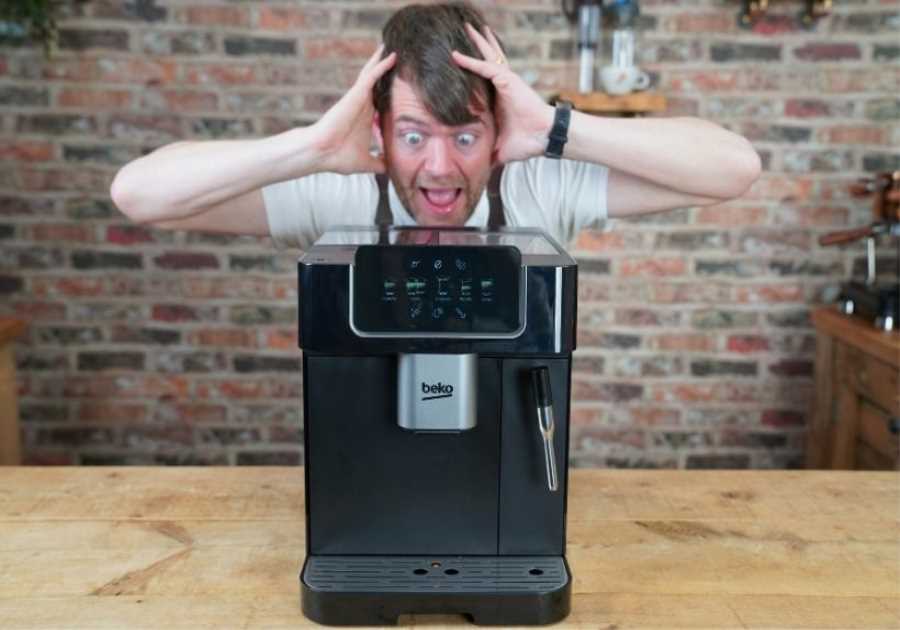
As part of my self-improvement goal to become a kinder gentler person, I’ll resist the urge to ask, “What were they smoking?” Like a lot of baby boomers, I have a nostalgic appreciation for Consumer Reports. They represent the hard-line leftist/socialist bent of many workers in post-World War II. They stand for uniformity, the illusion of tight product tolerances. The skinflint in me wants to believe I can sneak by using no-brand paints, cheap tires and generic orange juice.
The problem I have with them is not philosophic. I truly want to find ways to live the good life on the cheap. Problem is, so often I’ve gotten Consumer Reports (from the library of course, if not a free read at Borders) and been disheartened by the results using their best buy ratings as a guide.
Years ago, I chastised them for ignoring standards of any kind, and only using their “test panel”. I’m guessing it was a bunch of prune-faced cheapskates who simply wanted to pretend to like products that were inexpensive. My Italian mother-in-law who always complains about the food in restaurants is the model of the sort of person I mean. She’s bound and determined to dislike anything that costs more than she can cook if for. It’s an affirmation of her staying home and cooking every meal herself. In her case, it’s partly justified because she can cook on par with most restaurants. She just doesn’t get that part of the enjoyment of a restaurant meal is sampling someone else’s artistry.
Consumer Reports doesn’t give you truly good alternatives, in my opinion. They just give you less costly ones, ones chosen by people, who, again in my opinion, don’t have any better idea than a random consumer about what’s really good versus what’s not. They might argue this is one of their strengths, but to just sample a cross section of consumer reviews, Amazon or epinions.com has it covered. I expect a magazine that charges to test using objective criteria and to publish both the criteria and results. The title of the magazine is “Consumer Reports” and I assume this means a report to consumers, not by consumers. This is a major problem with their methodology. I recall a quote from someone who said “the trouble with staying free of industry influence is you end with a bunch of peers who don’t know anything”.
I’m not challenging Consumer Reports’ freedom of industry influence, but this does not make them neutral. They seem too eager to become willfully ignorant in the bargain.
Take coffeemakers. The latest Consumer Reports article starts off well enough. They drop a name I agree with…. Technivorm. Technivorm is an industry standard auto drip coffee brewer. They use it as a standard of comparison. I’m not only fine with that, I would agree. But, then, they don’t rate it number 1. In fact, they don’t even put it in the top ten! Why not?
Consumer Reports gives a nod to the industry standard requirements for a coffeemaker to get the water hot enough, 195˚ to 205˚F, noting that the Technivorm readily achieves this. Again, I concur. Then, they proceed to rate other brewer’s as best buys, citing an $80 Kaloric and eight others CR claims “brewed comparably”. Then, they recommend a $20 Black and Decker, described “for someone a little less fussy about their coffee” and claim it is “almost as good”. Never are any measurements given to back up their claims. My point is, if they publish stopping distances for cars, they should publish contact temperatures for coffee brewers.
Also, where are the other measurements that would allow the reader to judge the ratings to be valid? Nowhere is there any mention of how long any of the top-rated ‘almost as good’ coffeemakers keep the grounds soaked in hot water. I’ve tested many brewers that peak at between 195 and 205, but spend the first several minutes of the brew cycle at temperatures well below the ideal range. The Technivorm keeps your grounds in hot water for no more than 6 minutes. That’s because, as the coffee industry’s standards specify, any longer than six minutes and bitterness becomes progressively pronounced.
There are brewers out there that subject your grounds to hot water for more than twelve minutes. CR doesn’t list contact times anywhere.
Another problematic area of many auto drip brewers is that of submersion of the grounds in water. The French press has become the darling of the smart set due to its automatically keeping all the grounds well under water throughout the brewing cycle. Does CR even know this? Do they test for it? Many auto drip makers are prone to leaving dry grounds, so inefficient are they at getting all the grounds wet. This means you wasted money by buying and using grounds in your brewer that never “gave” anything to your cup of coffee. It means your coffee is weaker than it should be, right?
And, who is their test panel? If they don’t publish their test criteria, they are basically saying their results are “because we say so”. So, who are they? Are these professionals or consumers?
At the moment, these are the questions that come to mind. I have to say, I can’t take each unit and offer a ranking different than CR’s, without testing and this is my next step. What I can say, is Consumer Reports offered no evidence that they tested these units with any but the most casual attention to the standards for good extraction. It’s not brain surgery and their readers deserve more. So far, I would not put Consumer Reports as a best buy when it comes rating which coffeemaker to buy.
The post Consumer Reports Coffee Brewer Survey appeared first on Coffee Review.
By: Kevin SinnottTitle: Consumer Reports Coffee Brewer Survey
Sourced From: www.coffeereview.com/consumer-reports-coffee-brewer-survey/
Published Date: Fri, 26 Mar 2010 15:57:35 +0000
Always check our latest articles at...
https://coffeecutie.com/coffee-brewers






